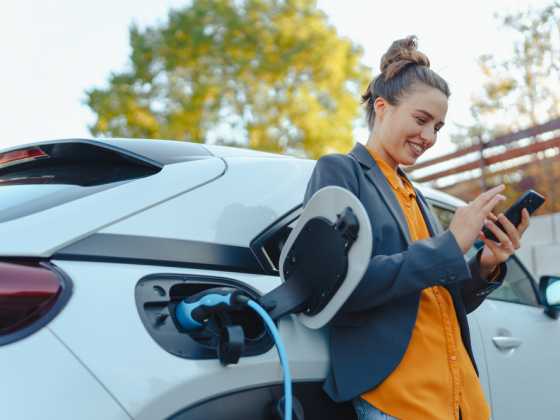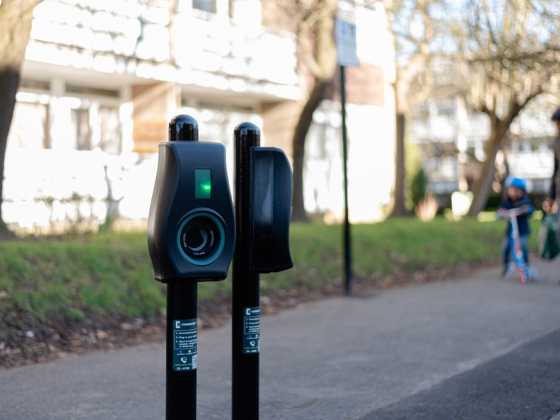Interoperability the key to fleets going electric, says REA report

A new report and position paper from the Renewable Energy Asscoiation (REA) calls for greater interoperability between EV charging networks in the UK.
The Association, which represents around 70 companies operating in the UK’s EV charging sector including energy suppliers, manufacturers, charge point installers and operators, suggests that if EV charging network companies used similar communications systems, it could facilitate a superior consumer experience in the UK and support fleets to go electric.
The REA says it could also set the stage for advanced functions, such as being able to see live status updates of chargers across different networks, simpler billing and even for the vehicle itself to manage the payment process.
The report is launched following the Government taking powers to intervene in charge point communications and payments as part of the Automated and Electric Vehicles Act, during the discussions of the Government’s EV Energy Taskforce, and ahead of the second reading of the ‘Wiggin Bill’ in Parliament on the 8th March.
The report states that there is presently an opportunity for the UK to ‘leapfrog’ other nations in the development of their charging infrastructure but calls for a an industry-led definition of interoperability that can be adopted by Government.
Dr Nina Skorupska CBE, Chief Executive of the REA said:
“In the Road to Zero strategy the Government stated an ambition for the UK to have one of the best charging infrastructure networks in the world. In our minds, and in the minds of our members, interoperability is crucial to delivering that vision.”
Daniel Brown, Policy Manager at the REA and report author commented:
“If our members embraced similar communications protocols and standards, customers in the future could be able to access live data in their vehicle dashboards or phone apps on charge point status, they could charge through their vehicle without the need for an app or card, and their vehicles could more easily help manage strains on the electricity system."
The report was informed by interviews with market actors including automotive manufacturers, domestic and international charging companies, mobility service providers, and technology developers.



